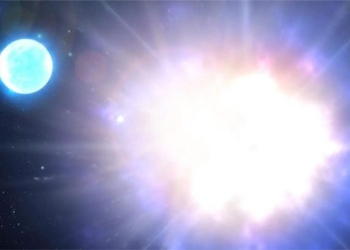“Russia will not abandon its position as a great space power“, declared Russian Deputy Prime Minister and Defense Minister Sergei Ivanov, ahead of the 45th anniversary of the first human flight into space (April 12, 2006).
He asserted that for Russia, the mission of conquering outer space is one of the top national tasks. From 2006 to 2011, the Russian Federal Space Program will address a series of important missions: deploying the Global Navigation Satellite System GLONASS; implementing a collaborative project with Belarus to establish a multifunctional spacecraft; in 2009, launching a mission to bring rock samples from the Martian moon Phobos and Mercury back to Earth for research. Another ambitious program includes sending a probe close to the Sun to collect materials from the Solar System for study on Earth.
One of the current challenges Russia faces is attracting young researchers to the field of space exploration. While there are a considerable number of older experts and scientists in this area, the younger generation of successors is quite limited. The head of the Aerospace Engineering Department at the Russian State University of Aviation Oleg Alifanov mentioned that in recent years, the number of young specialists working in the space sector has increased by 10 to 20%.
The budget allocated for scientific research in space in Russia has also seen growth: after a dramatic decrease of up to 17 times following the collapse of the Soviet Union in 1991, funding was restored about ten years later, and in the last three years, the Russian government has shown “significant material interest.” According to the journal “Vision,” funding for the Russian space sector is now on par with that of India.
DUY VĂN





















































